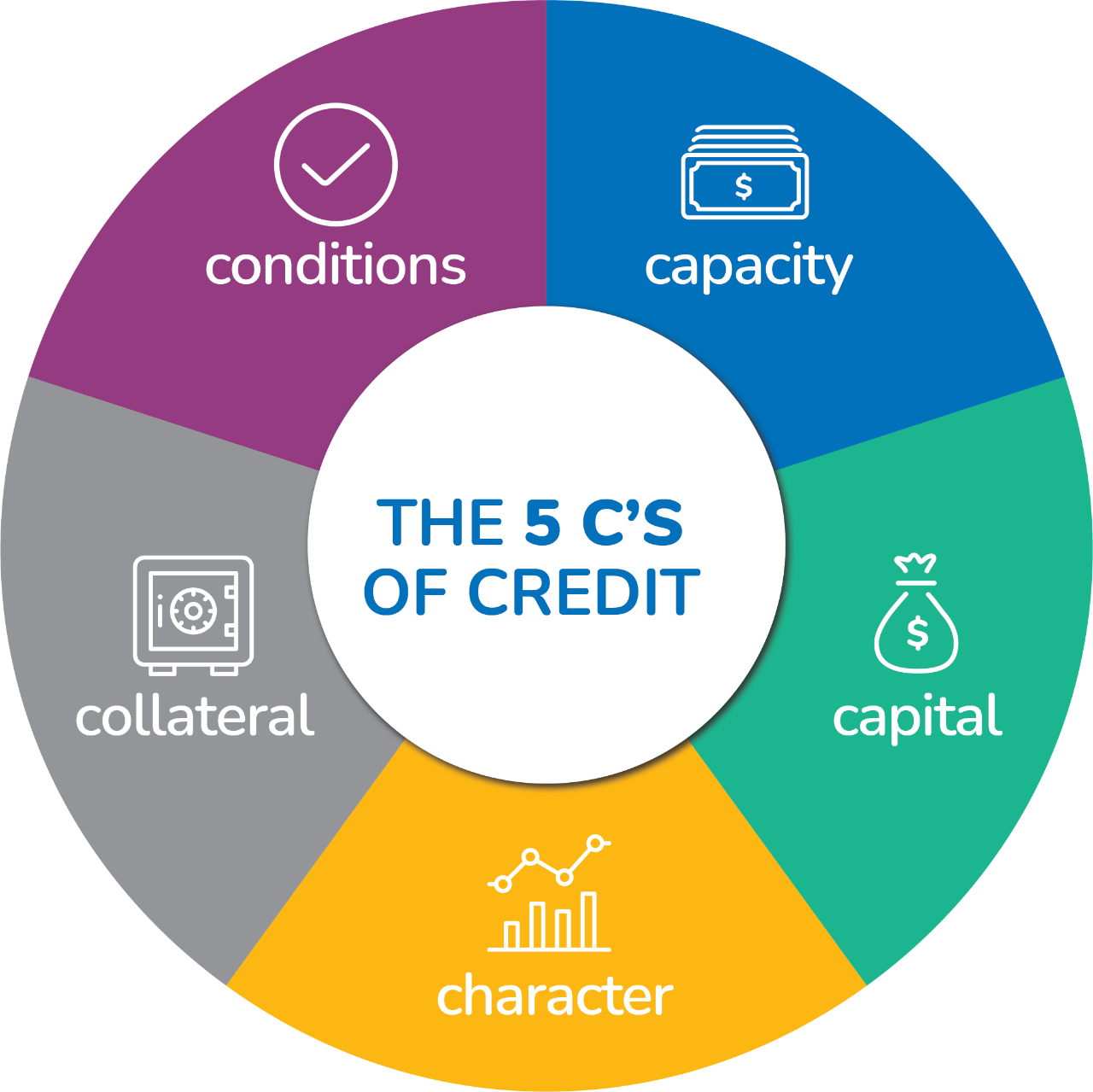

the guide to building a rock-solid business credit score
Business credit scores: where to start and how to build
Did you know just like individuals, businesses also have credit scores? Much like your personal credit score, your business’s credit score shows lenders how creditworthy your company is. You’ll need a strong business credit score to ensure you have access to the broadest selection of lending and credit options. Your business’s ability to access lending products is another tool in your arsenal for success.
Your business’s credit score functions similarly to your personal score but with a few key differences. Unlike a personal credit score, your business credit report contains information including: your business registration, your industry classification, and any liens or judgments against your business.
There are times when your personal credit score and your business credit score can affect each other, especially for small businesses and sole proprietors. When a business doesn’t have a long credit history of its own, some lenders may factor in the business owner’s personal credit history when making lending decisions. Some banks use the FICO® Small Business Scoring Service, which factors your personal credit score and business credit score into one combined score.
The agencies that report on business credit scores are different than those that provide personal credit scores as well. Personal credit scores are reported by Equifax, Experian, and FICO. You can obtain one free credit report each year from each of the reporting agencies by requesting one from the Annual Credit Report website. Getting ahold of your business credit score can be a little trickier, but if you know where to look (and pay the fee) you can view your business credit report too.
The three main reporting agencies for business credit scores are Dun & Bradstreet, Experian, and Equifax. When you get your reports, you’ll want to verify all the information in them is accurate and up-to-date.
It’s important to foster the growth of both your personal and business credit score, particularly in the early days of your business. Access to lending is critical to getting your business off the ground, and credit cards and loans help your business expand, finance new equipment, handle slow periods, and help you manage cashflow needs.
A note about creditworthiness
The term creditworthiness is key to understanding how banks make decisions when it comes to loan applications. Creditworthiness refers to a measurement of how likely it is that your business can pay off a loan in full and on time. If your business is deemed to have good creditworthiness, you may find it easier to get approved for a variety of small business loans and credit tools.
Your business’s creditworthiness says a lot about your business to lenders. Your business’s credit score can have an impact on things like:
- Your ability to qualify for loans
- The interest rates you receive on lending products
- The size of your lines of credit
- Attracting investors
- The amount you pay for insurance
There are a variety of ways lenders evaluate whether they want to provide credit or loans to a business, but one of the most common formulas is referred to as the 5Cs of credit. Let’s break down each C to learn what they mean. It’s important to note that not every bank will use all 5 criteria when making lending decisions. While some may use all, other banks may only use a few.

Capacity: When you apply for a loan, the bank will evaluate your business’s ability to repay its debts and how much debt it can theoretically carry based on its savings and income.
Capital: Capital is the readily available money and savings, plus investments, properties, and other assets that can be quickly accessed for immediate funds. It considers how much debt your business has compared to its available funds. As a rule of thumb, coming into a loan discussion with ample capital indicates a more profitable business – one less likely to default on any debts.
Character: One of the subjective elements of your business’s creditworthiness is character. A good reputation and financial history go a long way when trying to secure credit. This is your business’ character, and it can be hard to quantify. Despite that, character has a big impact on your business’ relationship with banks.
Collateral: Unlike capital, which deals with readily available funds, collateral is calculated through assessment of assets like real estate, inventory, receivables, and more. A solid collateral base can help your business secure loans and reduce some concerns banks might have about providing one. While all collateral helps secure your loan and reduce the risk for lenders, not all forms of collateral are treated the same.
As a general rule, collateral that is more easily converted into usable funds – like deposits, equipment, or real estate – tends to be valued more highly and can lead to more favorable interest rates for the borrower.
Conditions: Conditions refer to the economic conditions with the business’s industry. Evaluating conditions also includes the competition, geographic location, and the overall economic environment. A company with huge demand in a city will likely have an easier time getting the full amount of credit they request compared to a similarly sized business in a smaller market.
Credit scores for new businesses
Let’s talk about establishing and maintaining your business credit score. There’re a few initial steps to take to establish yourself and your business to the reporting bureaus. In order to start building business credit, you should:
- Obtain an EIN – getting an Employer Identification Number (EIN) is required by the IRS for most businesses and is also necessary for opening a business bank account.
- Open a business bank account – you probably have already completed this step, but if you haven’t, opening a bank account is step one to establishing business credit.
- Request a DUNS number – you’ll need a Data Universal Numbering System from Dun & Bradstreet for them to begin building your credit report.
Establishing credit lines
- Make use of a business credit card – Applying for and opening a business credit card is one way to demonstrate responsible use of credit. When you are at the bank opening your business account, you can apply for a business credit card at the same time.
- Establish a line of credit with your vendors – Get credit for paying your invoices on time and in full by opening lines of credit with your vendors.
Improving an existing credit score
Once you’ve started to build a credit history for your business, you’ll be able to prioritize improving your credit score. There’s a few different facts to consider when trying to boost your score, and you may notice that there are some similarities to building your personal credit score.
- Keep your credit card utilization below 30% - Utilization is a significant portion of your credit score, so keeping the amount of debt you have below 30% of your credit can help improve your score.
- Pay bills on time and in full – A track record of paying bills on time helps show responsible management of cash flow and debt responsibilities.
- Monitor your business credit report – Ensure the information reflected in your report is accurate and investigate any sudden changes in your score.
- Monitor and maintain your cash flow – A healthy cash flow prevents debt from accumulating and ensures that you can pay your bills on time. Your business banker can help with cash flow management strategies.
The little things matter, even the invisible ones
The journey to building your business from the ground up includes so much more than just having a business plan and a great work ethic. It’s easy to lose sight of the things that aren’t right in front of you, like your business’s credit score. It is important to ensure your credit score grows with your business, because when it comes time to expand or improve infrastructure, your business’s credit score will play a huge part in your continued success.
First Financial Bank wants to help your business grow – start a conversation with a banker near you today.